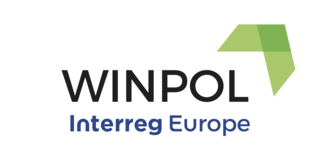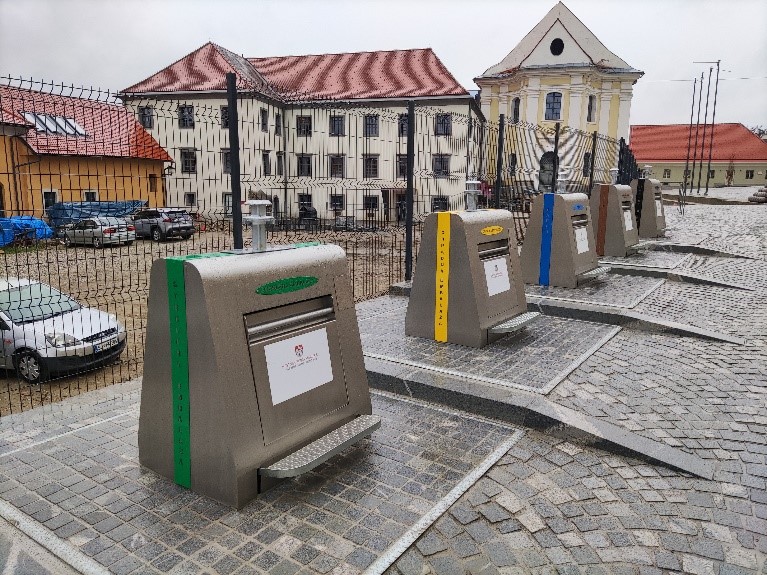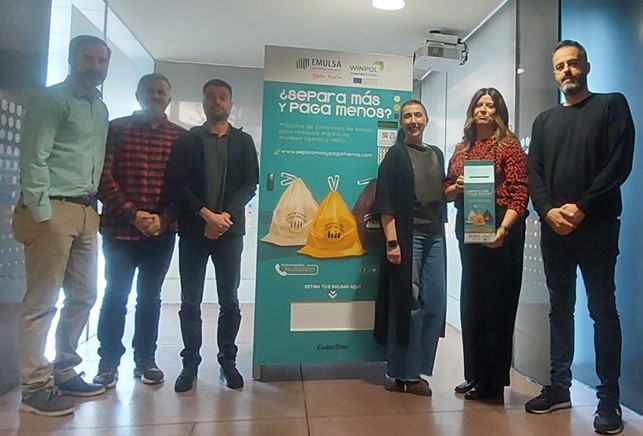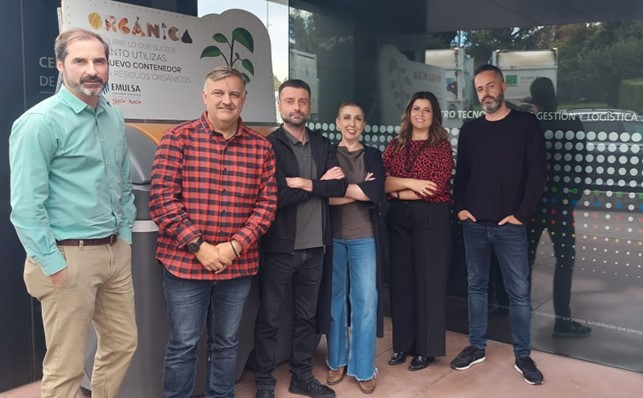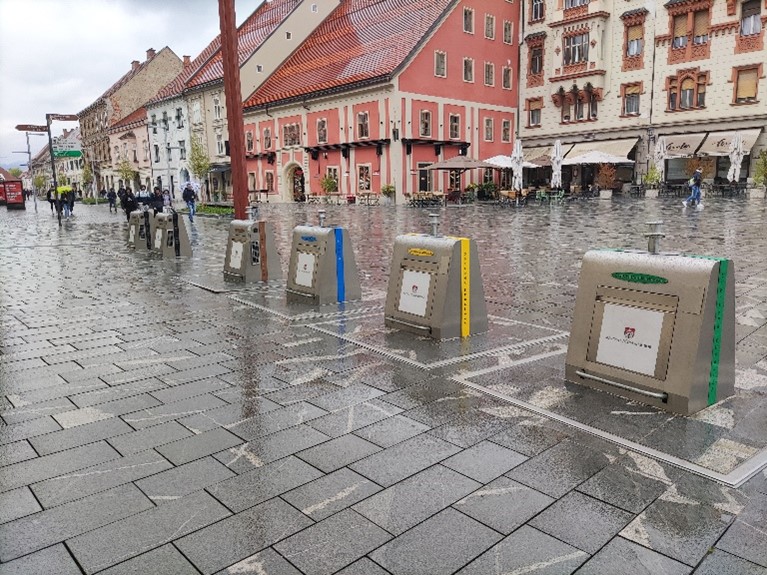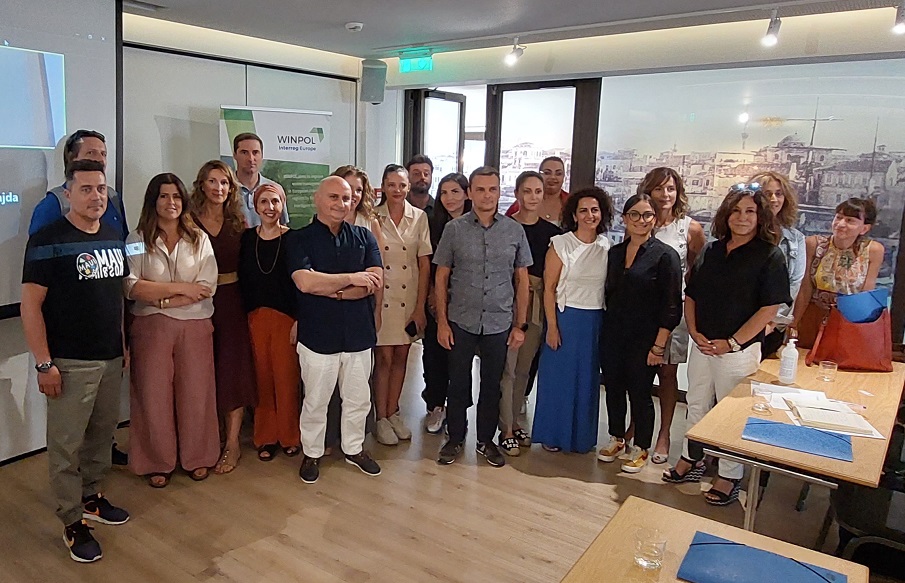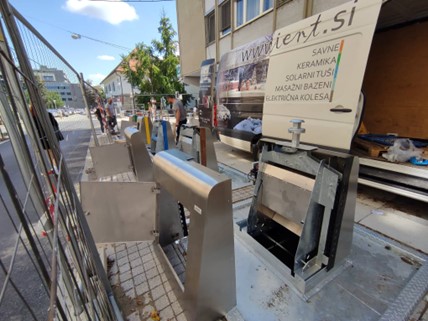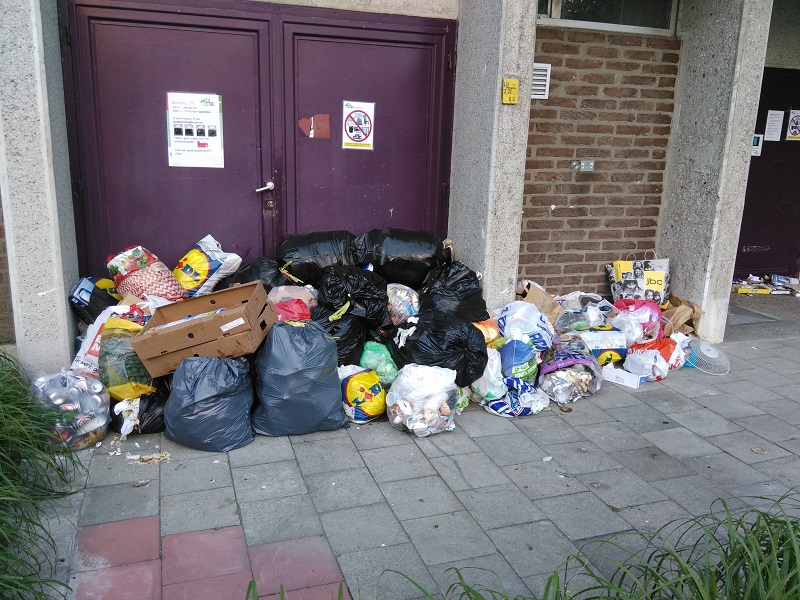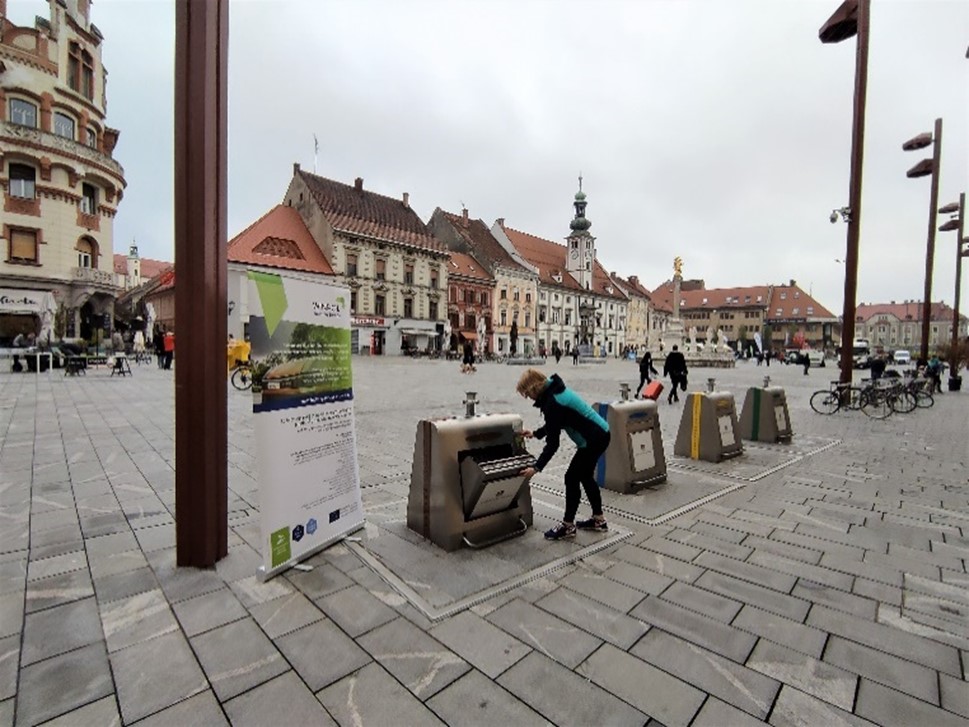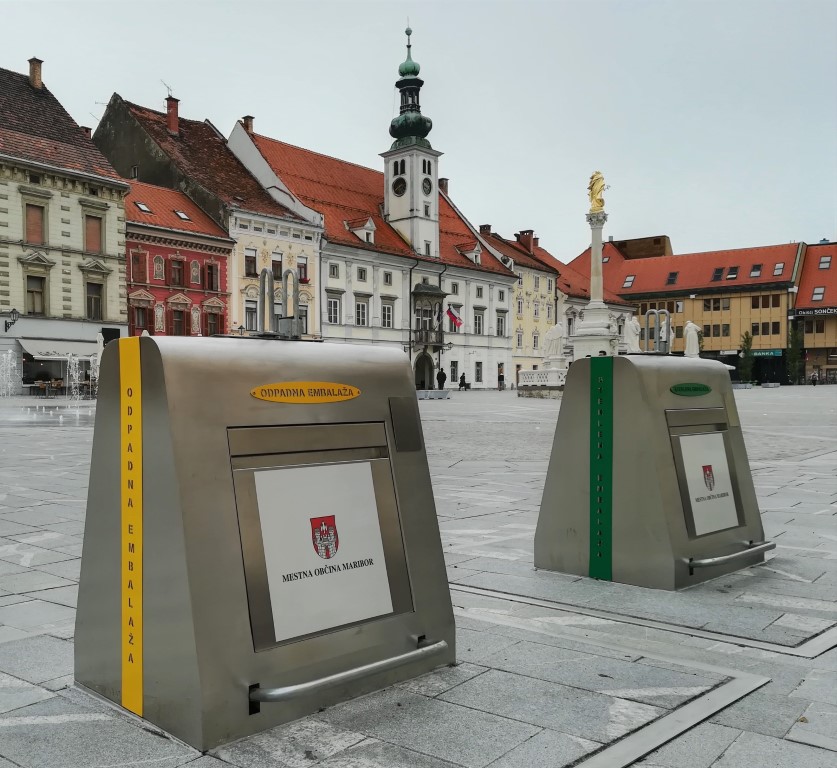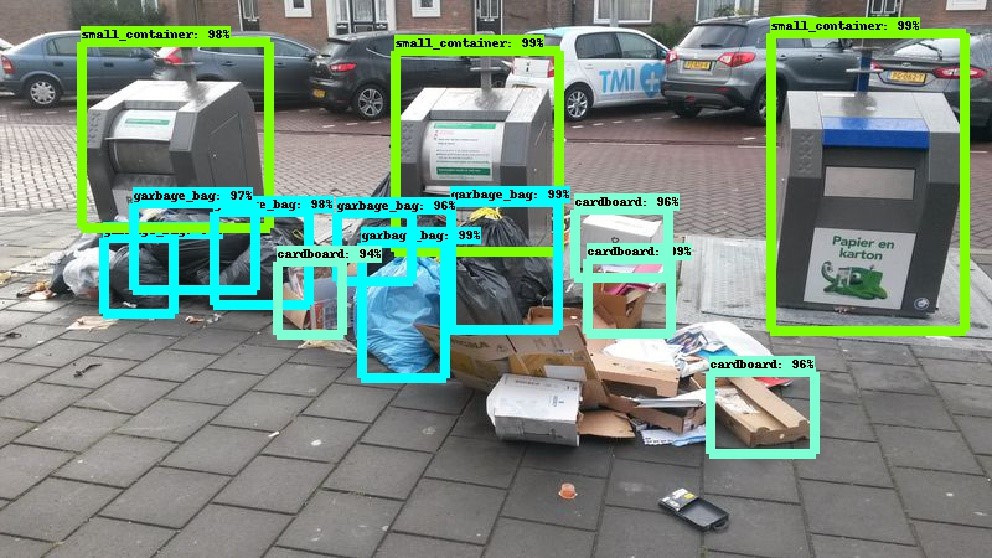During the first semester, Stakeholder Groups have been set up and had a first meeting in each partner territory. After a general introduction to WINPOL and the policy instruments targeted, since then group members got into the real substance of the project and could actively contribute to the work of the partners.
A key task of each local group of stakeholders is to contribute to the definition of current situation on the territory (so-called baseline studies) and the identification of existing good practices. For this, participants were invited to share their opinions-diagnoses, depicting the existence of intelligent equipment and innovative processes for waste management on the territories.
At the end of the project, partners could evaluate their progress through a benchmark with the initial baseline study. In this sense, another key task of the Stakeholder Groups is to establishing a list of indicators which would allow measuring the success of the project locally. Some Groups already have put forward potential indicators. For instance, the stakeholders gathered by the City of Antwerp discussed to know if a decrease in residual waste and an improved quality of separately collected waste fractions could be suitable indicators. They agreed an ambitious target linking waste to consumption should be set.
Local stakeholders are also instrumental in identifying and selecting good practices that are shared with the other WINPOL partners during the Thematic Seminars. For example, the iBins project developed by GreenPak was highlighted during the Maltese stakeholder meeting and was later on presented during the Thematic Seminar 1 in Maribor.
